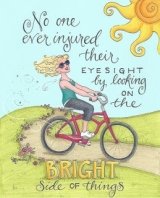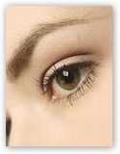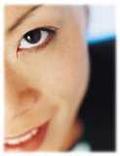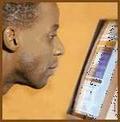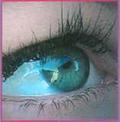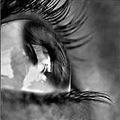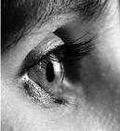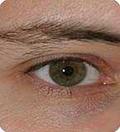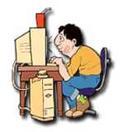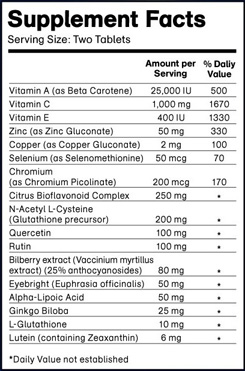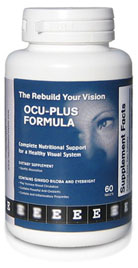|
Eyesight Menopause Problem – Types and Treatment
A common Eyesight Menopause Problem is dry eyes. After the age of 45, the eye lenses tend to harden, causing changes in vision. Dryness in the eyes causes itching, redness, and discomfort and this is caused from excessive evaporation of tears or because of a lack of oil secretion from the eyelids. Hormonal changes are the main factor behind Problems with Eyesight. Since menopause occurs around the same time, the problem of Dry Eyes and poor eyesight need to be addressed. Hardening of the lens necessitates the need for some people to get Prescription Glasses. With age, the eyes begin to weaken, leading to Vision Problems and Eyesight Disorder that need to be corrected. Some problems are easily rectified with Eyeglasses and medication. Women ought to be aware that menopause, which usually takes place after the age of 40, and eyesight are connected. Menopause brings on several hormonal changes that can take its toll on the eyes and eyesight as well. Farsightedness or Hyperopia is another eyesight menopause problem that many women face. However, this too is a common problem that is usually corrected with prescription eyeglasses or Contact Lenses. Another eyesight menopause problem is Blurred Vision and sometimes tired eyes. Many women experience extra sensitivity to light especially bright sunlight or bright artificial lights, which cause impaired vision. They may have problems wearing contact lenses. However, women can experience symptoms from mild to very severe, which can affect their quality of life. The condition of dry eyes can be aggravated through driving at night and Eyestrain Caused by Computers or reading.
Without proper treatment the risk of contracting eye infections increases. To combat your eyesight menopause problem there are several treatment options and supplements. Treatment must be sought from your medical professional. Usually your gynecologist will refer you to an ophthalmologist for treatment for eyesight problems. Eye drops, artificial tears, and gels are among the primary topical treatments that must be prescribed by an eye care professional. In addition, topical steroids and cyclosporine are usually prescribed to alleviate any symptoms of dry eyes. Taking Supplements Regularly Protects Your Vision and helps in eyesight correction. They are important to help bring about the lifestyle changes that take place during menopause. Drinking plenty of water in order to remain hydrated is essential. A humidifier in your bedroom will help, however, make sure that you don’t have a fan blowing directly on your face. The air from vents in your car must be directed away from your face. It is advisable to avoid extra caffeine. Women who need to spend extra hours at the computer are advised to take frequent breaks, which give the eyes a chance to refocus on other objects easily, thereby preventing tired eyes. Wearing an authentic pair of Sunglasses will cut down glare and block any wind from exacerbating the condition of dry eyes. If you need to undergo hormone replacement therapy, it is essential to let your doctor know of your condition of dry eyes. It goes without saying, a healthy diet and lifestyle combined with enough sleep and Exercising Protects Your Vision. This includes a regular visit to your ophthalmologist who is in the best position to figure out what treatment options work best for you so you don’t have an eyesight menopause problem.

Subscribe to EyeSight Vision Care! , our monthly newsletter with in depth information to help you keep up to date on how to Protect Your Eyesight with a free bonus. Fill out the form below. You'll then receive an email asking you to confirm that you subscribed. You'll always have the option to unsubscribe at the click of your mouse.
Eyesight Menopause Problem to How to Improve Your Eyesight
|
More Information
